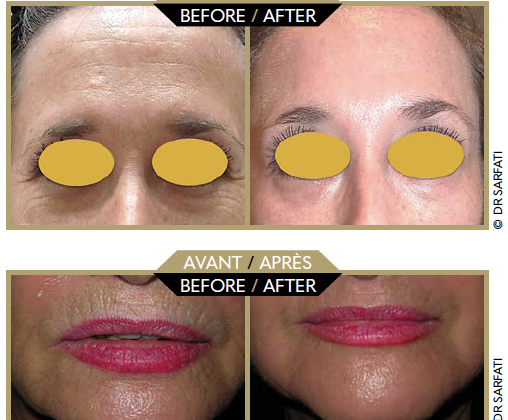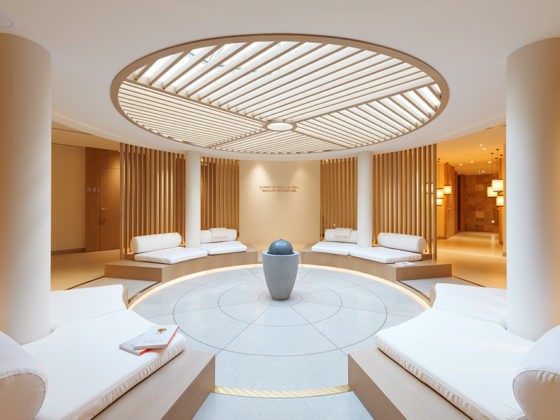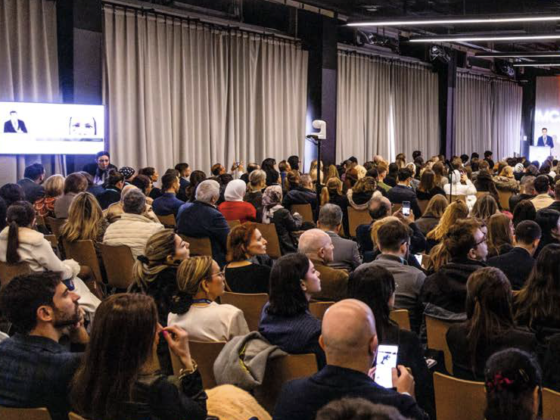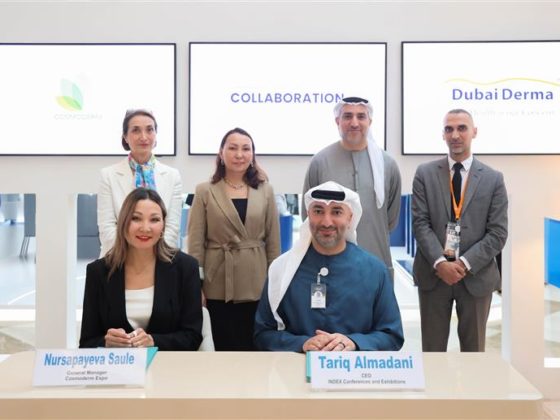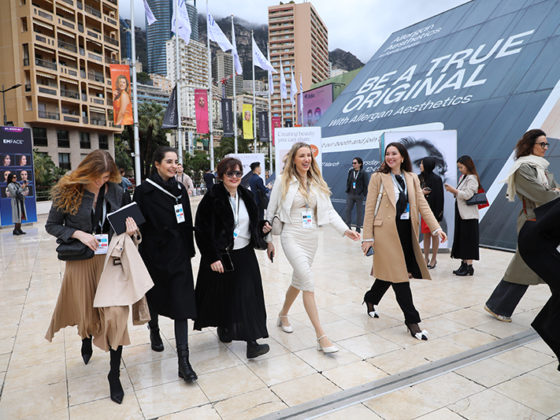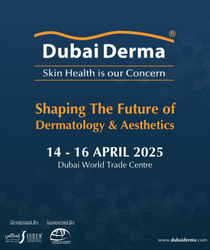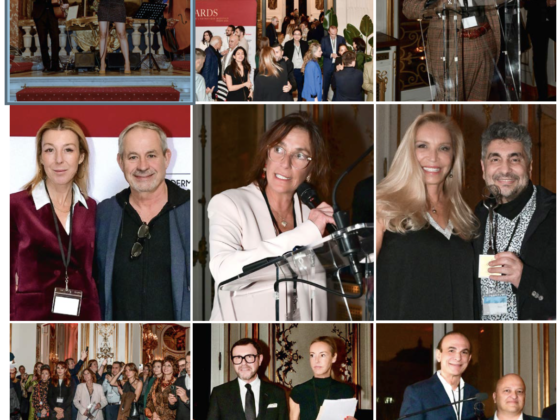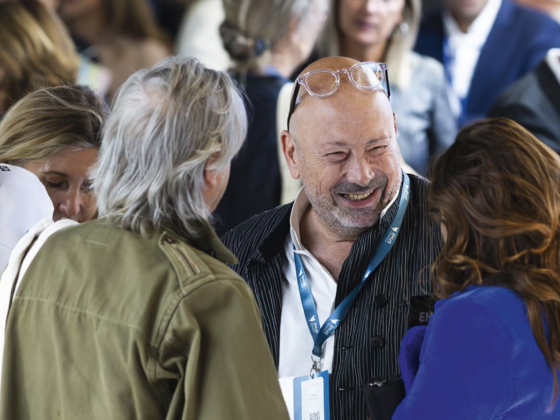The 45th edition of the SFME congress – with its 1,789 participants, 85 sponsors, 126 guest speakers, 60 hours of conferences and the support of 14 scientific societies – once again brought professionals together around a rich and innovative program.
Participants described it as a “high-quality, intimate-sized congress” and “a superb opportunity to network, swap ideas and talk about the ethical side of our practice.” These comments reflect the founding values of the SFME congress: conviviality, sharing and transmission. One of the doctors said it was his, “first time and certainly not the last.”
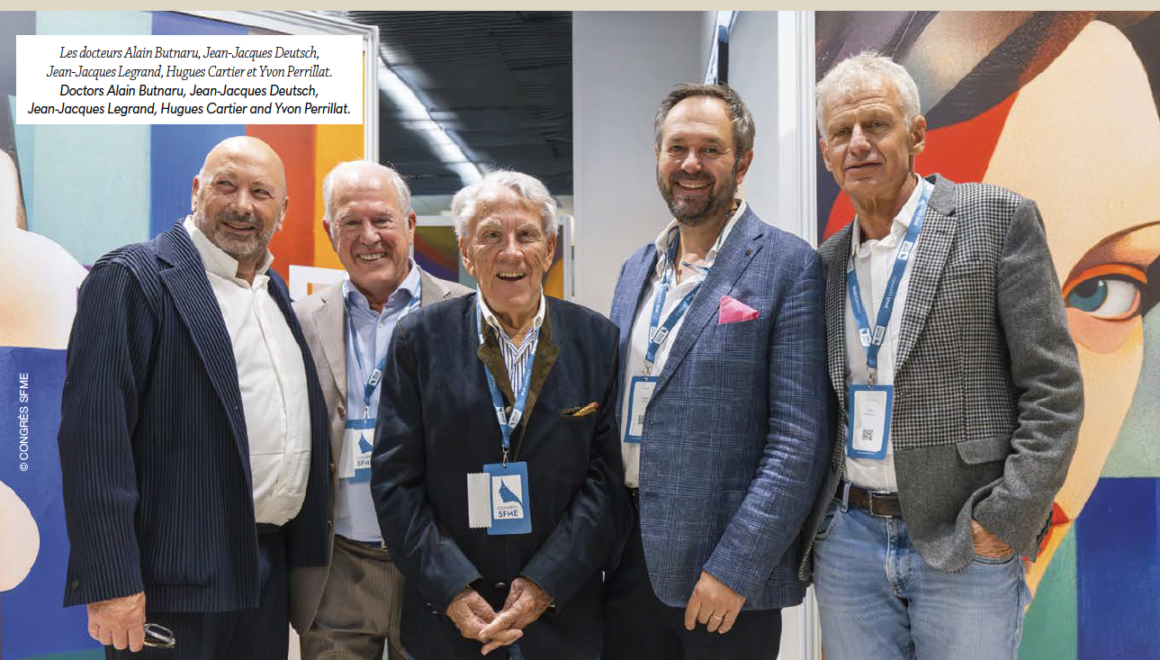
A wealth of scientific content
This year’s programme boasted a wealth of cutting-edge scientific content, including:
• “How to get luscious lips: experts in the hot seat” a lively debate about a much talked-about subject.
• “How I managed an unexpected complication during an aesthetic treatment”, which proved very popular thanks to its pragmatic approach.
• “Hormones and anti-aging: essential knowledge and use” a rapidly-growing topic.
These highly specific presentations reflected the current concerns of practitioners. A key example of this was the session about the inter-university diploma in aesthetic medicine and VAE (validation of Acquired Experience), led by Dr. Jean-Jacques Deutsch, Prof. Jean-Paul Meningaud, Prof Marie-Aleth Richard and Dr. François Turmel, which attracted a large number of participants and incited lively discussions about the future of the specialty.
New for 2025: SFME Labs and Anti-Âge TV’s round table discussion
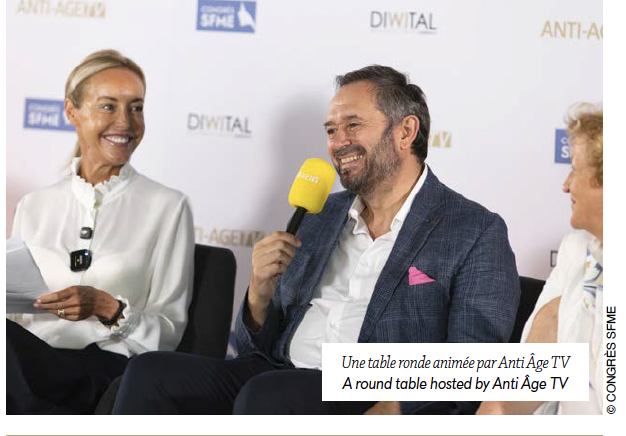
The life-sized laboratories allowed practitioners to watch live demonstrations carried out on patients (lasers and innovative techniques). They offered unique deep dives with an expert, combining theory and technique to help practitioners hone their daily work.
Finally, Anti-Age TV and the SFME congress came together behind the scenes to film a round table discussion between several emblematic figures in aesthetic medicine, talking about the major topics of the future. Valuable insights are shared on the Anti-Âge TV on YouTube. With its highly relevant topics, remarkable innovations and unifying atmosphere, the 2025 SFME congress is still the largest French-speaking conference in this field. All eyes are already on next year, when a number of innovations will be unveiled.
Game Changers
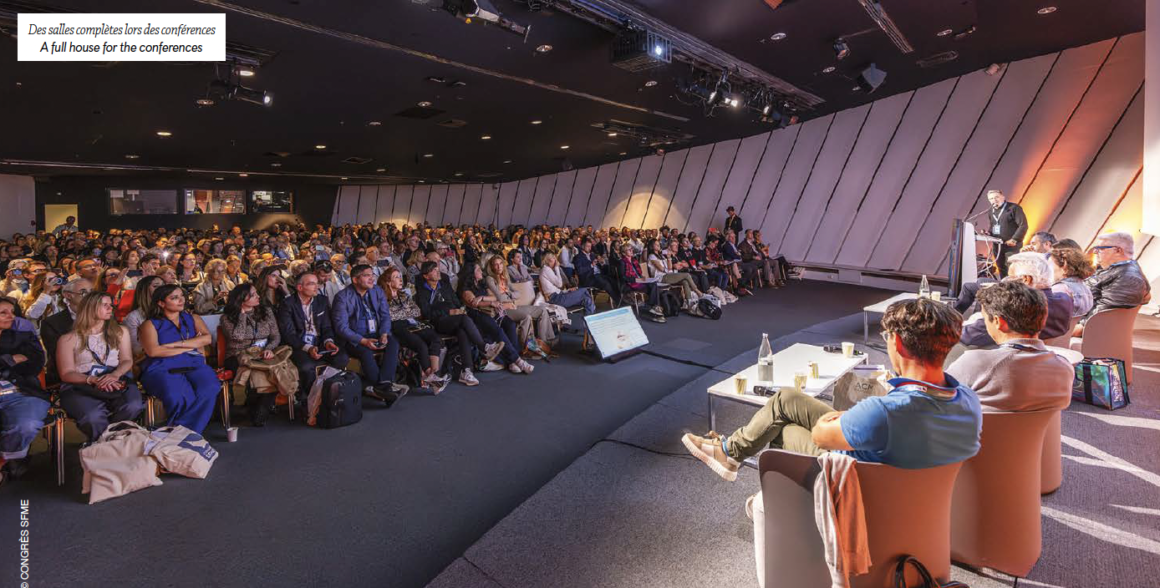
Our journalists asked the scientific committee about forthcoming Game Changers and, unsurprisingly, Artificial Intelligence is the front-runner. In recent years, AI has taken a key role in medical practices, whether as an administrative assistant, helping to make diagnoses, for medical imaging, combining medications, etc. Nevertheless, our speakers pointed out that it does make mistakes, which can only be noticed and corrected by a healthcare professional. The quality of the data sources must also be verified, given that AI can supply itself with false data. AI has therefore become essential, but it is not yet a cure-all. We must beware of losing the human dimension!
Things to remember:
The 46th national congress for aesthetic medicine and plastic surgery, under the aegis of the SFME, will be held on September 25 and 26, 2026, at the Palais des Congrès in Paris. In the meantime, watch the interviews with Anti Âge Magazine and the round table hosted by Anti Age TV on our social media pages and YouTube channel.
A few key topics from the 2025 edition
Dr. Hugues Cartier wanted to highlight one of the congress’ key topics, « How to get and maintain luscious lips »: “Many patients are eager to get beautiful lips but also want to keep them. Our speakers seized the opportunity to unveil a few beauty secrets for this much lusted-after area of the body: do not seek to achieve a look that does not exist in real life, such as the AI-generated lips; always go to a qualified healthcare practitioner rather than a ‘fake injector’; do not go for trends that do not suit your face; do not forget that this is an area which moves a lot and must look good from the front as well as from the side; use hyaluronic acid, which is temporary and can be erased with hyaluronidase if the patient changes their mind”.
Dr. Jean-Jacques Deutsch focused on « Managing the profile in aesthetic medicine: facing facts » : “Even after meeting hundreds of patients over the course of my professional life, I have noticed that tackling the profile in aesthetic medicine is still a difficult task. We can start by realising that no face is perfectly symmetrical; that we need to take some photos of the patient’s profile before every operation; that a nice profile is one that often adheres to the golden ratio; that we need to consider the patient’s ethnic origins, personality and the way they express themselves… An objective view with a touch of subjectivity!
Dr. Alain Butnaru spoke about the role of hormones, including those involved in fighting aging: “If I had to answer the question, « Can anti-aging hormones be taken at any age? », I would definitely say yes, but not just in any way! We need to carry out a full assessment – not necessarily just a hormone assessment – before any medicine is taken, while monitoring the effects and contraindications. Hormone therapy has long been criticized but is now making a comeback, namely thanks to the use of bio-synthetic hormones that limit any downsides. It is worth noting that men and women are both affected, during the menopause and andropause. Patients should start taking the treatment as soon as they start suffering from symptoms (loss of libido, fatigue, etc.)”.
Dr. Catherine de Goursac spoke about « Regenerative medicine: autologous or non-autologous »: “It has a great future but is still shrouded in mystery! Regenerative medicine stimulates our tissues with nano fats, growth factor transplants, PRP, polynucleotides and even exosomes. There is huge scope for progress“.
Dr. Yvon Perrillat rounded off with a review of « Lasers and EBD: what to remember in 2025 »: “There has been an important advance in acne treatment with the introduction of a specific wavelength. There are two lasers available: AviClear from Cutera and Accure from Quanta System. They can be used regardless of pigmentation and their efficacy is gradually visible after 3 or 4 sessions. In terms of preventing photo-induced skin cancers, studies have shown that if we treat one arm using an ablative fractional laser and not the other; three years later, the treated side does not show any sign of carcinoma. Finally, in patients with rosacea which has been treated with vascular lasers, there is a lower incidence of skin cancer over time. Laser treatment therefore offers an aesthetic improvement while also improving the skin’s structure and having a preventative effect”.



